Arco Iris Mozambique
“Visit Mozambique – Africa’s hidden gem,” tourist brochures and websites proudly proclaim. “Discover the unspoilt palm beaches of the Indian Ocean, the national parks, the colonial architecture, the vibrant culture and the authentic African ambiance!”
For many of the country’s inhabitants, daily reality is not so rosy. Almost seventy per cent of the population lives in rural areas, with most people’s income hovering around the poverty line of 1.25 dollars a day. Access to healthcare is limited for most people, and the fragile healthcare system struggles under the weight of the HIV/AIDS and TBC epidemics.
I first came to Mozambique in 2005, working on an HIV/AIDS project with MSF (Doctors without Borders), initially in rural Vila Ulongué and subsequently in the capital Maputo, where I was responsible for the treatment and follow-up of HIV-infected children. This work brought me into contact with Steve and Ros of Arco Iris in Zimpeto, and with Corrie of Arco Iris in Matola Rio. “Arco Iris” means “rainbow”, and Zimpeto and Matola Rio are suburbs on the outskirts of Maputo. Both projects provide for children who can no longer live at home, and at the time around one sixth of children under their care were HIV-positive.
Steve and Ros are Australians, both in their sixties, who for many years led the Zimpeto project through their church community, and then passed on the daily running of the project to a Mozambican couple a few years ago. The Zimpeto project houses around 250 to 300 children aged 16 or under. It runs a school which is also open to poor local children, as well as a health centre. There are several sports fields, and various workshops (a carpenter’s shop, a sewing shop, a car body workshop, a large garden) where the children can learn skills to prepare them for a life in the community. Attempts are also made to re-house children at home or with a family or community member. Where this succeeds, these families are followed up and receive support so as to ensure the children continue to flourish. Some of the older children end up making it to university, and are en route to living independently.
Corrie is in her late fifties and hails from The Netherlands. Via the same church community, she took charge of a smaller-scale project in Matola Rio, housing around 40 children. Initially these were mainly toddlers, but as they grew older and were often not able to return home, new housing for the older kids was added to the existing school for toddlers. But… it takes money to build housing!
When I was working for MSF in Maputo, Steve, Ros and Corrie, or their collaborators, drove up in their minivan full of kids to attend the health clinic each week. And that’s how we became friends.
After five happy years, during which I was able to adopt my eldest daughter from Zimpeto, I returned to Belgium. In the year before I had left for Mozambique, while working as a GP in Kortemark, I had met a number of organizers of the local yearly Art Route (“Kunstroute”). They decided to support the two Arco Iris projects. Thanks to the commitment and the unwavering support of the ÓÓkunst team (www.oo-kunst.be) and that of many other people, we’ve continued to be able to support both projects for over ten years now! Each year part of the proceeds of the sale of artworks is donated to Arco Iris; in addition, we also receive voluntary contributions.
In 2016 we were able to visit both projects with a delegation from ÓÓkunst: a memorable experience, which further fanned the flames of their commitment!
From early 2005 until late 2009 I knew a lot of the children personally. Since then, some of the elder children have started to find their way onto social media platforms, so that I can now follow their progress from a distance. These kids have grasped the opportunities they were offered with both hands, and were spared a life out on the streets. Let us continue to support Steve, Ros, Corrie and their countless collaborators in future in their efforts to “stop for the one”: if we can’t stop for millions of children in need, we can stop for this one in front of us, and make a difference.
Hilde Vandelanotte and the ÓÓkunst team
vzw OOkunst - Huilaertstraat 17 - 8610 Kortemark
www.oo-kunst.be

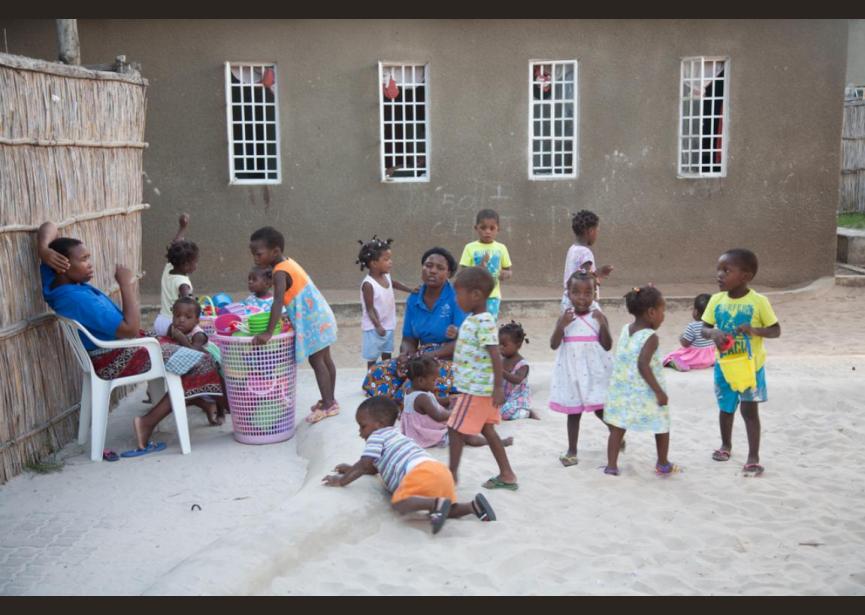
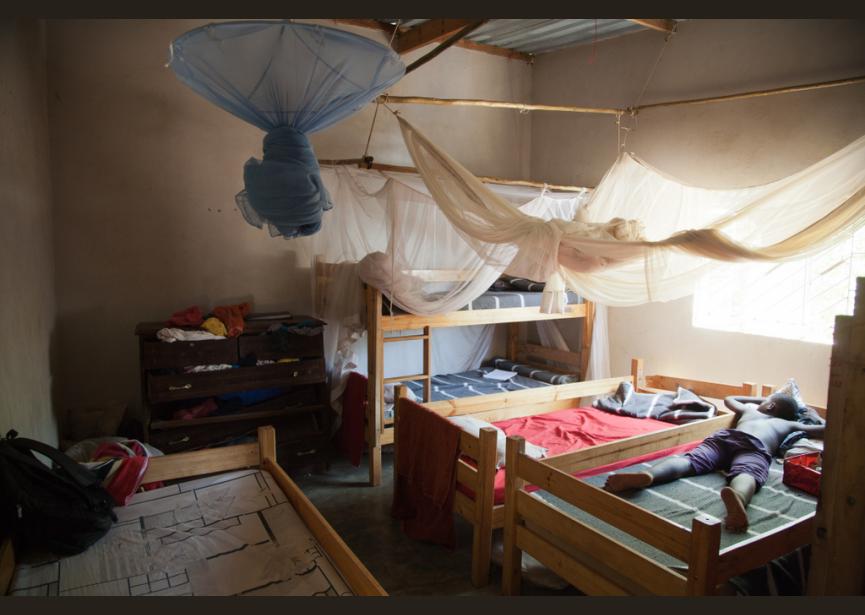
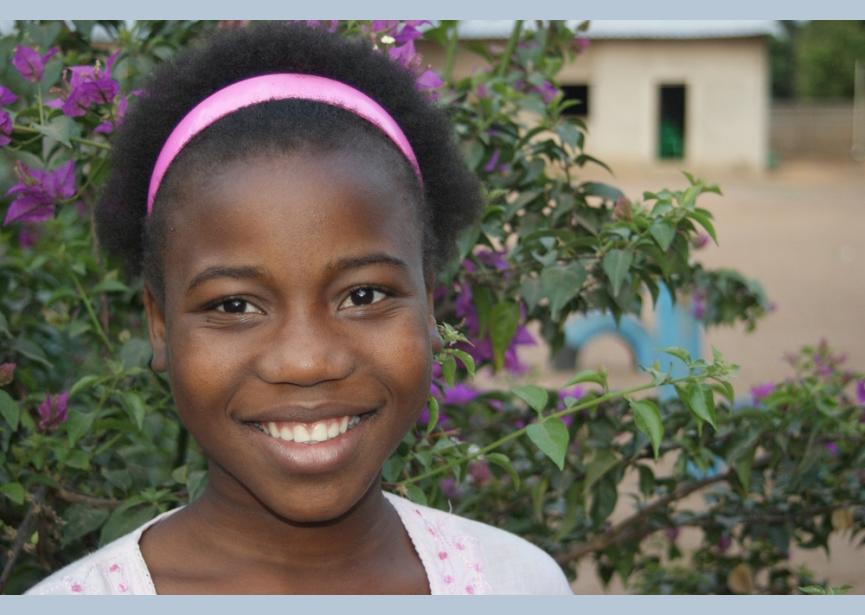
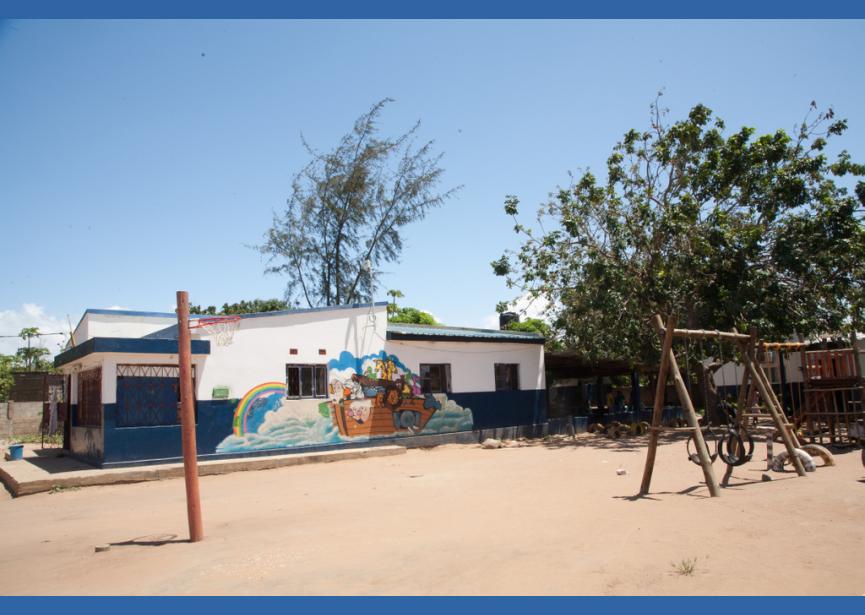
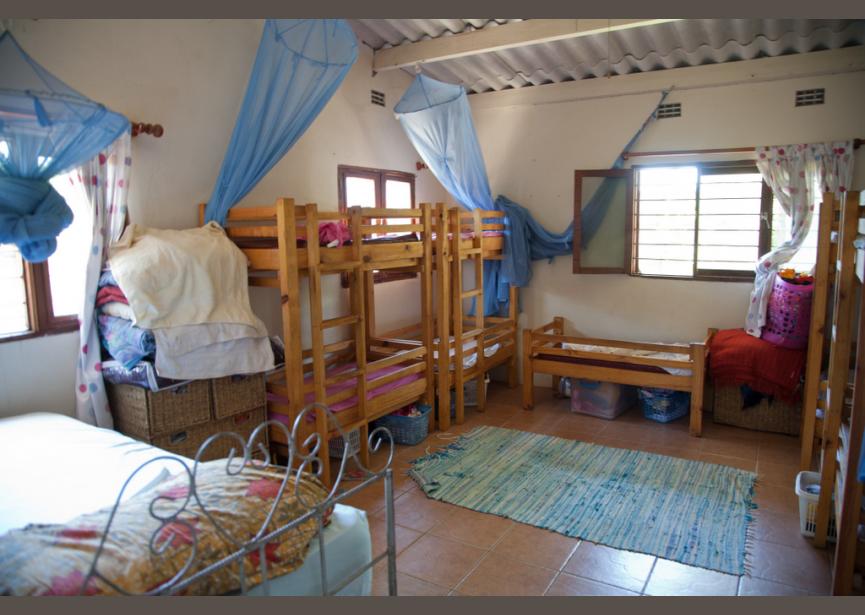
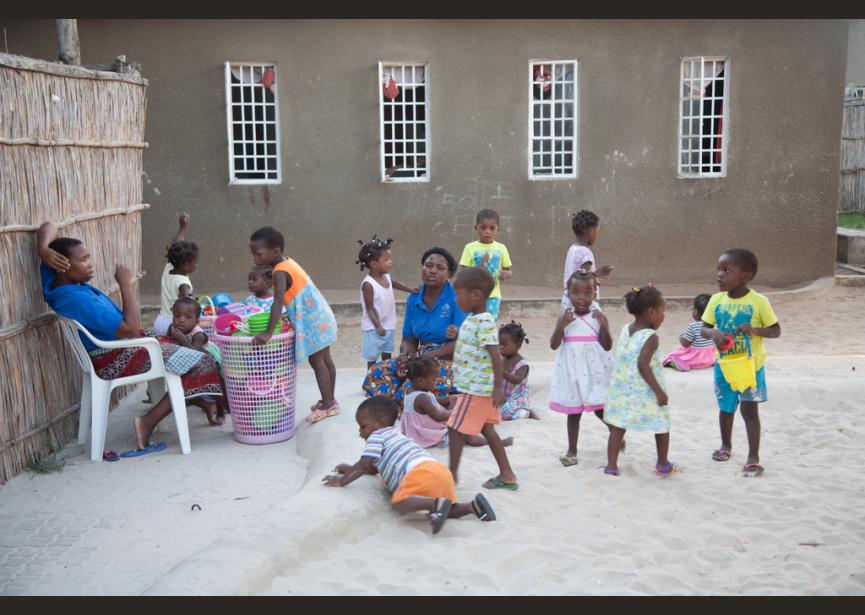
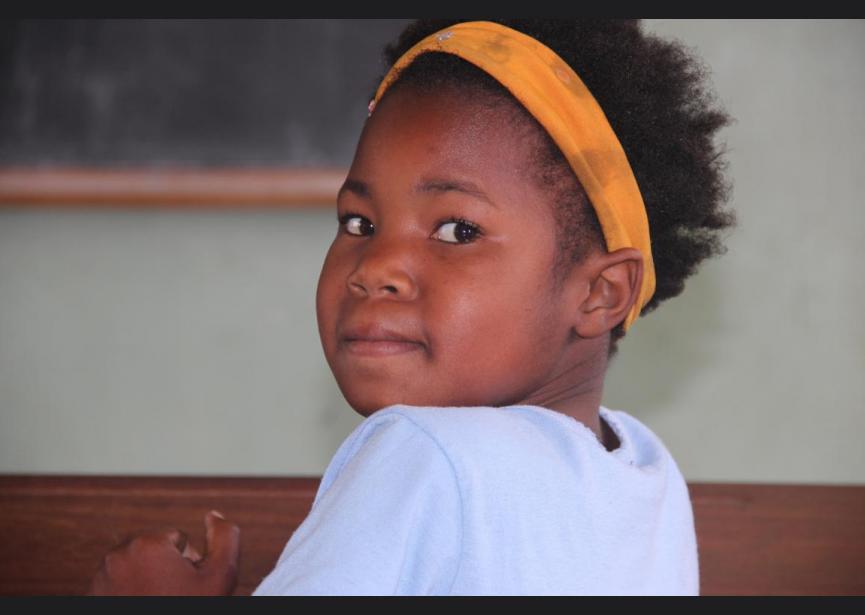
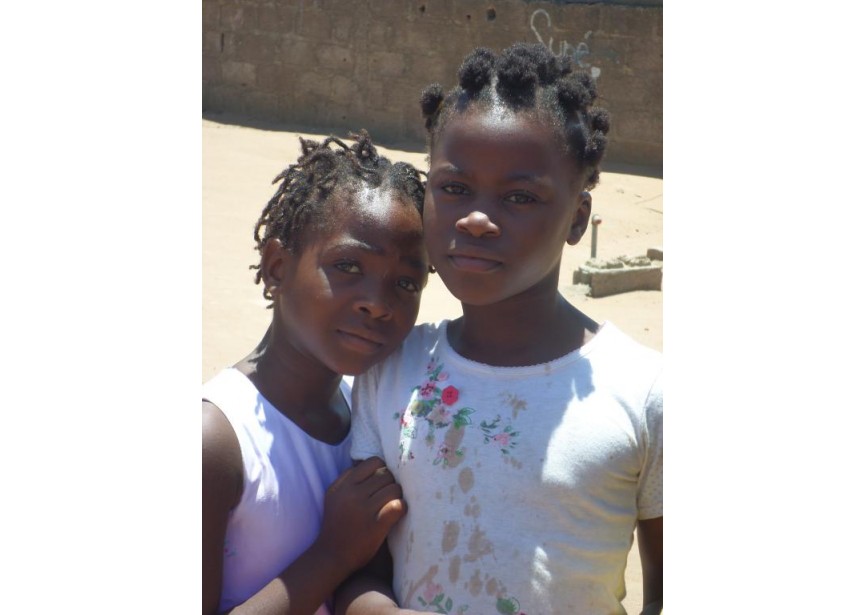
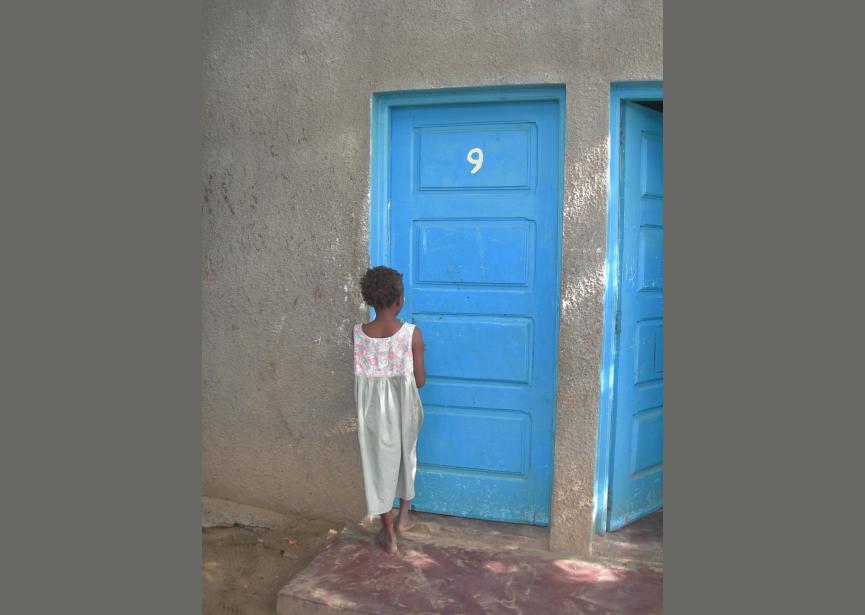
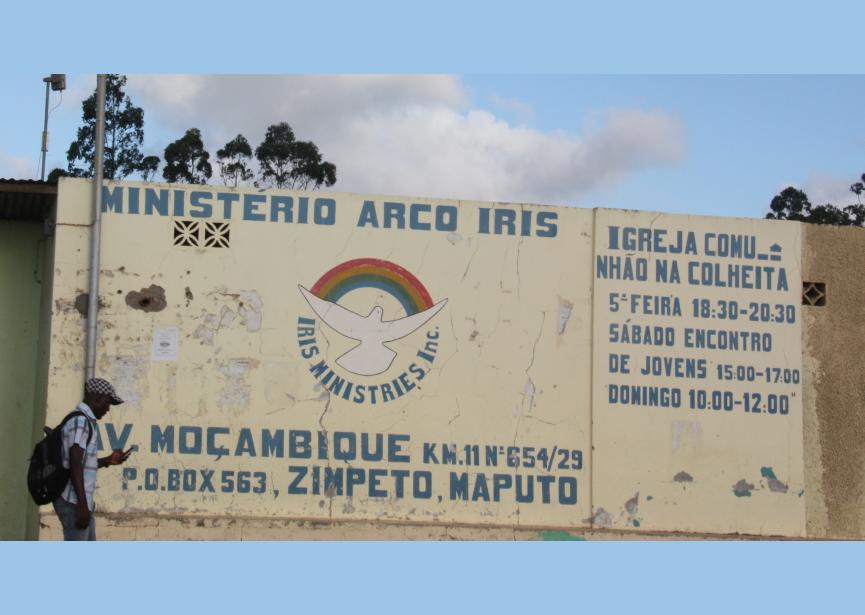
![mini_Blad 06-07 foto [14738] mini_Blad 06-07 foto [14738]](/images/photolib/865x615/1987/mini_blad-06-07-foto--5b14738-5d.jpg)